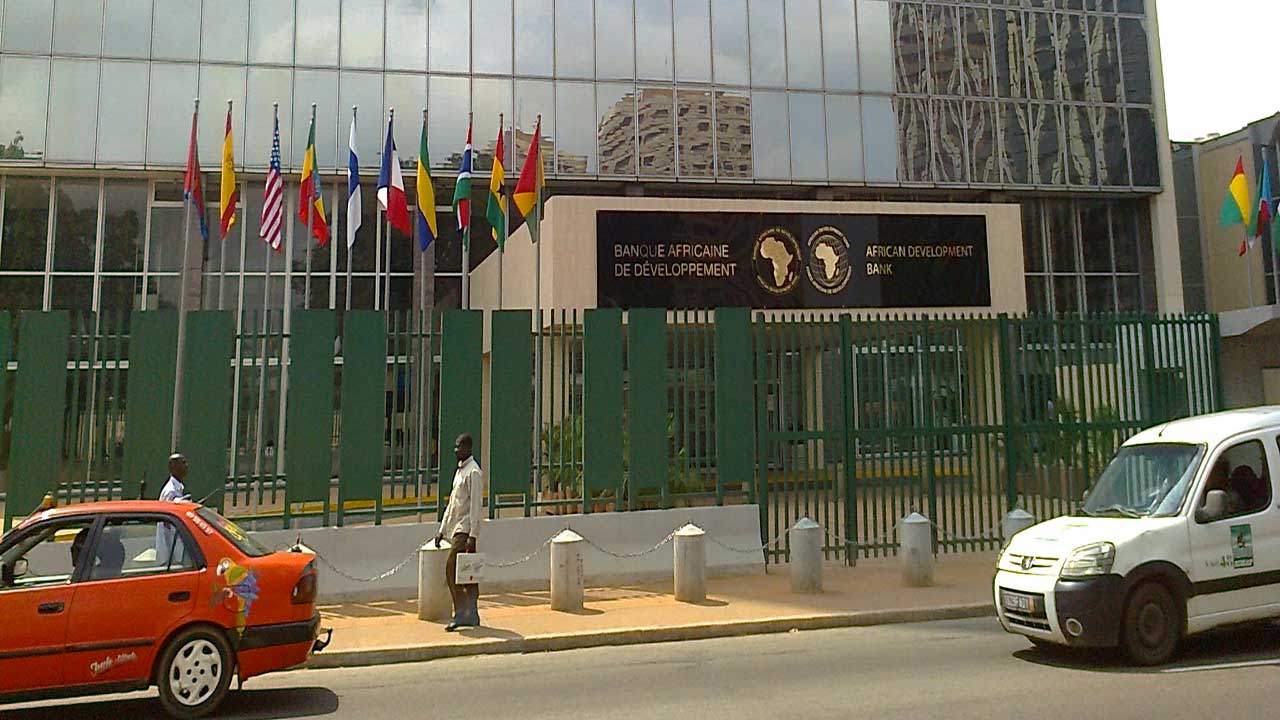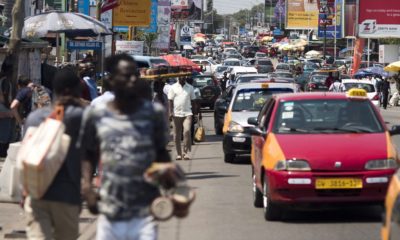The African Development Bank Estimates Africa’s Infrastructure Financing Needs at up to $170bn a year by 2025
Representatives of the African Development Bank, governments, Development Finance Institutions, the private sector and professional associations joined a September 8 workshop to discuss how the Bank can strengthen support for Public Private Partnerships and channel greater investment toward economic and social infrastructure. The event, titled Designing the African Development Bank’s PPP Framework, was hosted virtually by the Bank.
The workshop took place against the backdrop of the ongoing COVID-19 pandemic and the ensuing economic slowdown, which has sharpened an already urgent need for investment. Five African countries accounted for more than 50% of all successful PPP activity from 2008 to 2018: South Africa, Morocco, Nigeria, Egypt and Ghana. Several other countries have multiple PPPs in the pipeline– Burkina Faso has 20, and Botswana, 8.
“Before the COVID-19 pandemic, African infrastructure was already struggling to structure projects tailored for the private sector and at the same time achieving value for money for the public sector including affordability for users. It is therefore imperative that hybrid solutions such as PPPs must be seen and promoted as a way of building back better, stronger, greener, by clawing back private capital to infrastructure while creating much needed fiscal room for governments to address multiple other demands including building health systems’ resiliency.” Bank Vice President Solomon Quaynor said in his opening remarks.
The African Development Bank estimates Africa’s infrastructure financing needs at up to $170 billion a year by 2025, with an estimated financing gap of up to of $68 to $108 billion a year. PPPs are seen as a key element in narrowing this gap by crowding in private sector investment in infrastructure and African Development Bank is playing a critical role in scaling up that effort.
Amadou Oumarou, Director for the Bank’s Infrastructure and Urban Development department presented several rationales for the Bank’s effort to develop a PPP framework, including its Ten-Year Strategy (2013-2022) and a recommendation from the Bank’s Independent (IDEV) evaluation unit to scale up PPP interventions.
Webinar participants expressed a desire for the Bank to play an expanded role in supporting PPP development in Africa by strengthening policy and regulatory frameworks, building government capacity; project structuring and advisory services; and the provision of financing instruments such de-risking, guarantees, credit enhancements and local currency financing.
“Countries need to learn from each other’s achievements and mistakes, they need to have standard documents and checklists that will guide institutions in these countries through the PPP lifecycle,” said Shoubhik Ganguly of Rebel Group International, which is partnering with the Bank to develop the framework.
Mike Salawou, Division Manager; Infrastructure Partnerships, said “Policy dialogue is something the Bank places a lot of premium on, and that has proven to be very efficient in informing decision making.”
“One of the challenges RMCs are faced with is selecting the right project for implementation, therefore support should start from there, then going through to actual project preparation makes it a lot easier,” said Michael Opagi, Division Manager for Sub-Saharan Africa, IFC.
Private sector representatives praised DFIs as indispensable in securing financing for PPP projects in Africa. One example of a successful PPP project cited during the workshop is the Kigali Bulk Water project, which received significant backing from the African Development Bank, the World Bank, as well as private sector players.
According to Phillipe Valahu, CEO, PIDG the Kigali Water project is a perfect example of having an integrated support to a PPP project by using the three pillars proposed in the Bank’s PPP Framework. The project benefited from debt funding from PIDG alongside the African Development Bank which each provided $19 million of senior debt on commercial terms.
“The African Development Bank has unparalleled trust relationships with African governments, and we need to take advantage of that to speed up implementation of PPPS,” Quaynor said in closing.

 News3 weeks ago
News3 weeks ago
 Business3 weeks ago
Business3 weeks ago
 Technology3 weeks ago
Technology3 weeks ago
 Investment3 weeks ago
Investment3 weeks ago
 Banking Sector3 weeks ago
Banking Sector3 weeks ago
 Banking Sector3 weeks ago
Banking Sector3 weeks ago
 Appointments3 weeks ago
Appointments3 weeks ago
 Investment3 weeks ago
Investment3 weeks ago





























